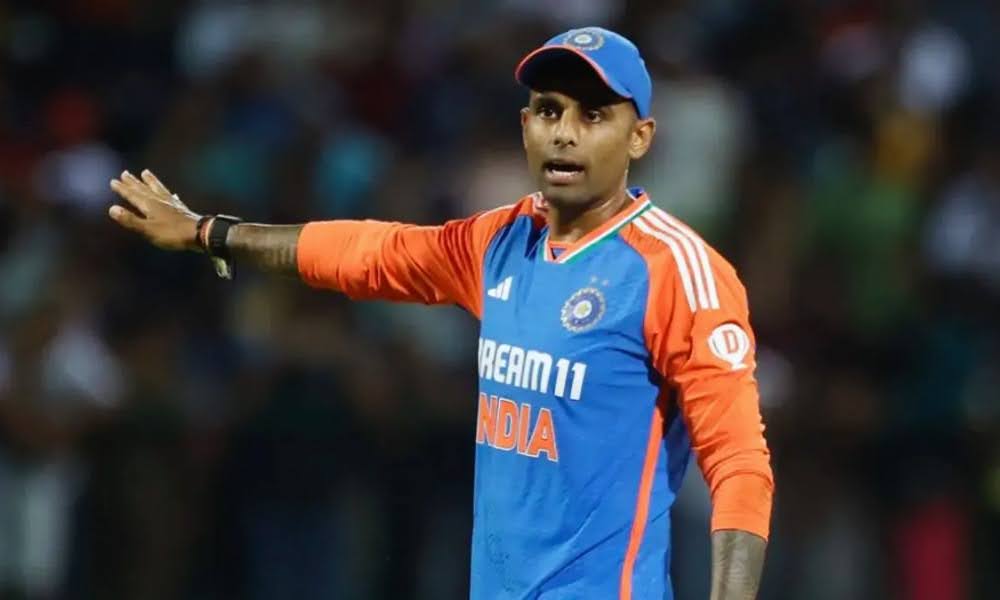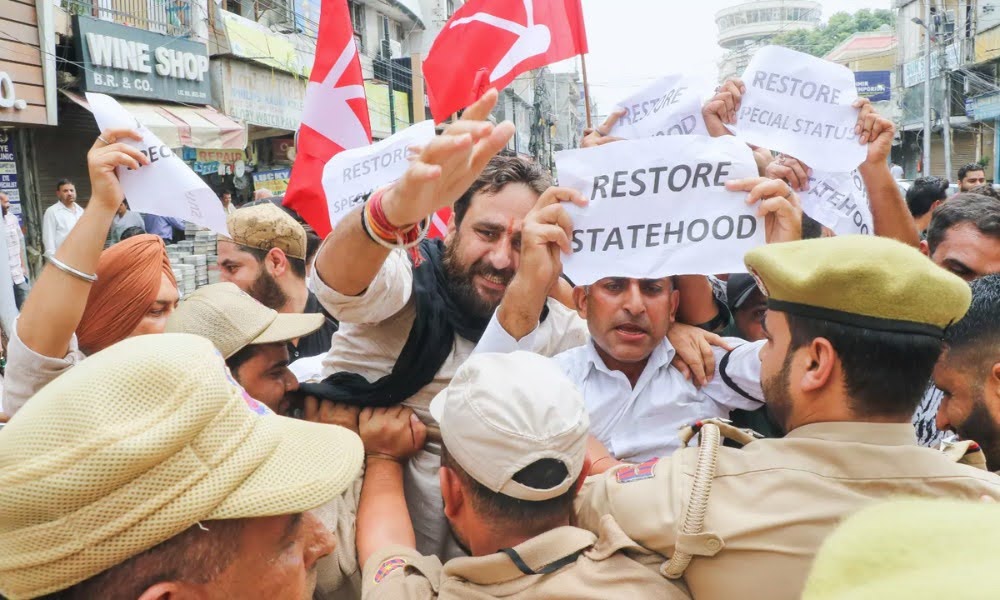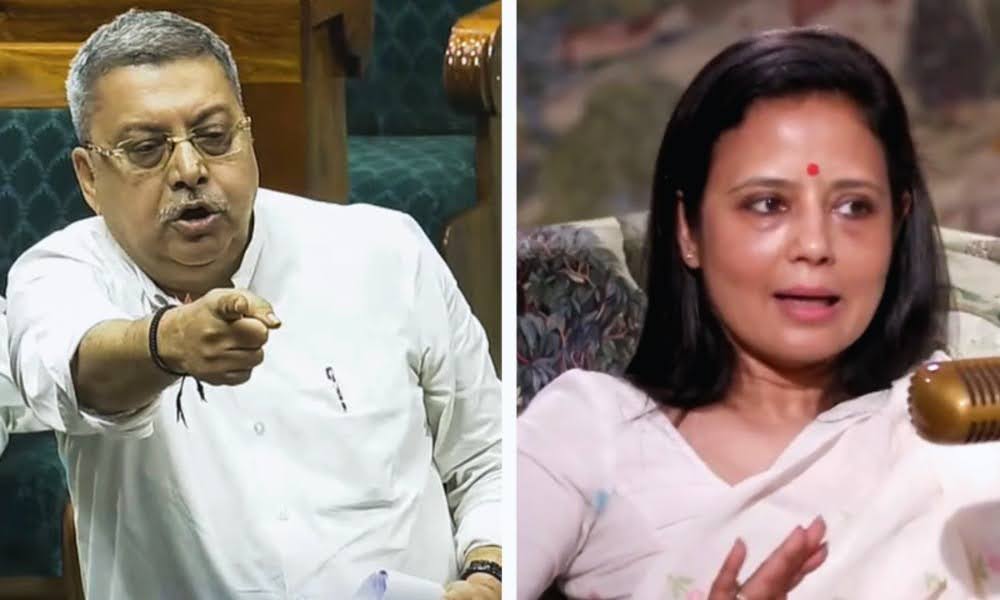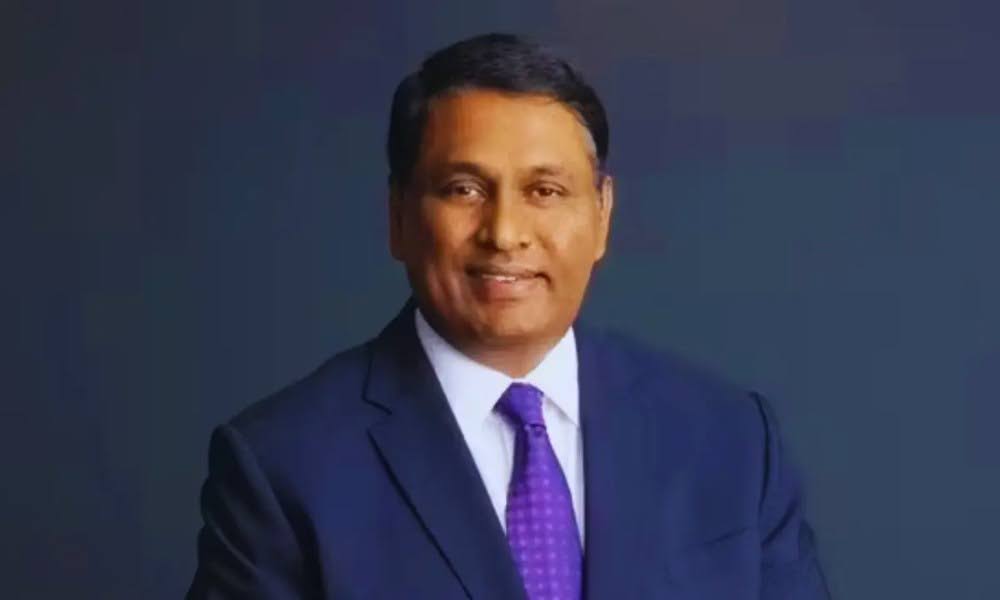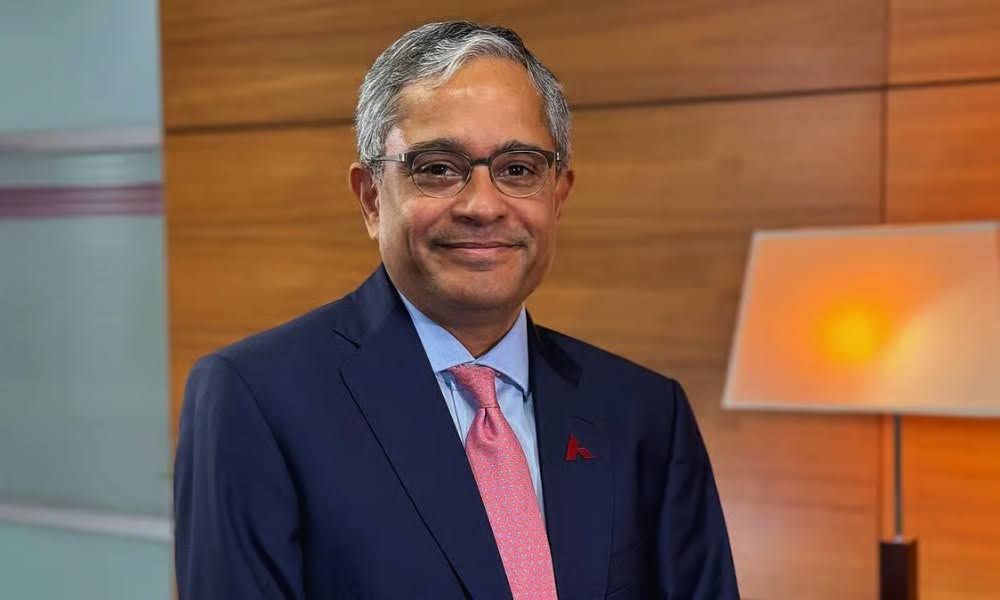Indian Railways Revives Plan to Procure 238 AC Local Trains After Two-Year Delay
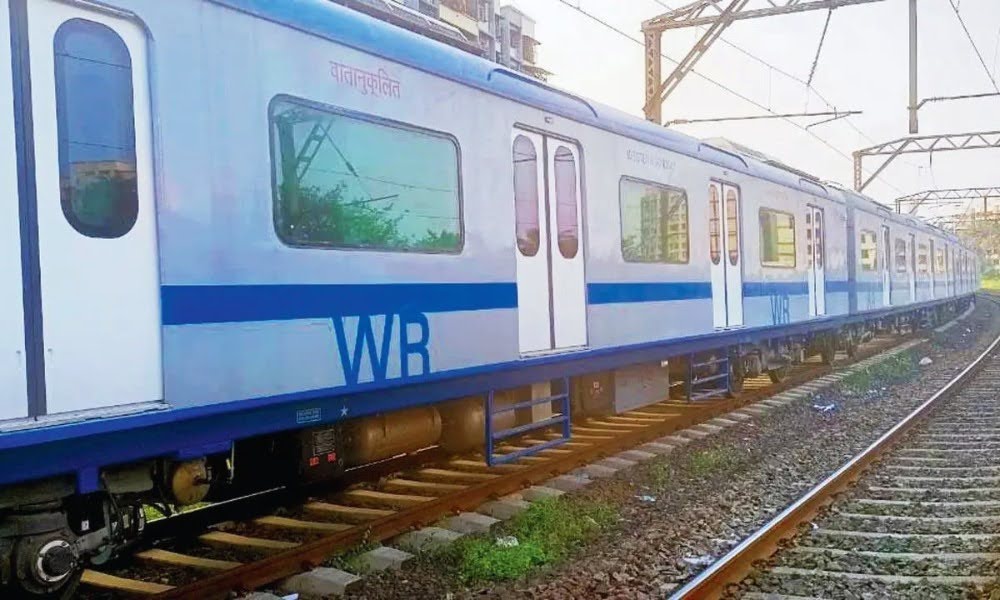
Indian Railways has greenlit the procurement of 238 new air-conditioned (AC) local trains for Mumbai, marking a major development after a two-year delay.
The move comes amid renewed efforts to modernize and expand the city’s overburdened suburban network, improve commuter safety, and better integrate rail services with Mumbai’s expanding metro system.
Railways Clears Tender for AC Locals Under MUTP-3 and MUTP-3A
The Railway Board, led by Chairman and CEO Satish Kumar, recently met with officials from the Central and Western Railways to discuss the stalled procurement process.
The project, which falls under the Mumbai Urban Transport Project (MUTP) – including both MUTP-3 and MUTP-3A schemes – had faced delays since tenders were last floated in 2022.
Kumar confirmed that a fresh tender process will be initiated shortly to procure the AC rakes.
These trains will play a crucial role in easing crowding on the suburban routes and improving the travel experience for Mumbai’s daily commuters.
The procurement aligns with a broader strategy to expand the presence of AC trains in Mumbai’s local rail network, which currently has limited AC services.
Automatic Doors in Non-AC Locals to Enhance Safety
Indian Railways is also working on a prototype to introduce automatic doors in non-AC local trains — a move aimed at reducing accidents related to overcrowding and open doors.
The first prototype coach has been built at the Integral Coach Factory (ICF) in Chennai and is being tested at the Kurla car shed in Mumbai.
The new system is expected to be implemented in phases, with full-scale roll-out anticipated by the end of 2025.
This decision comes in the wake of recent accidents, including a fatal mishap at Mumbra in June, which raised concerns over commuter safety in non-AC coaches. With these automatic doors, Indian Railways hopes to reduce risks associated with overcrowding and improve onboard security.
Plan to Convert 12-Car Trains into 15-Car Trains
To further tackle the chronic problem of overcrowding, Railways plans to expand existing 12-car trains to 15-car formations.
This transition is expected to increase carrying capacity by nearly 33%. Currently, Central Railway operates a few 15-car trains, while Western Railway runs 14 such trains.
Satish Kumar stressed that this move will significantly ease the rush-hour burden. The switch to 15-car configurations, however, will require technical and operational adjustments, including extending platforms, reconfiguring signals, and upgrading infrastructure to handle longer rakes.
Boosting Multi-Modal Integration at Key Hubs
The Railway Board also emphasized the importance of seamless integration between local trains and the Mumbai Metro network.
At Khar Road station, a 5,000-square-metre deck has already been built to accommodate shops and create commercial spaces. The design allows for smoother commuter movement and improved passenger experience.
At Ghatkopar, which serves as a critical interchange between suburban rail and Metro Line 1, redevelopment work is underway to build multiple concourses.
A passenger movement survey is being conducted to improve intermodal connectivity and pedestrian flow within a 500-metre radius of the station.
This focus on integration aligns with the Railways’ long-term vision of offering commuters efficient last-mile connectivity and reducing dependency on road transport.
Preparations for Kumbh Mela 2027 Underway
Looking ahead, Indian Railways is planning infrastructure upgrades across the Mumbai Metropolitan Region (MMR) in preparation for the 2027 Kumbh Mela in Nashik.
A total budget of ₹1,100 crore has been earmarked for this initiative, which includes the redevelopment of Nashik Road station and terminal expansions at Jogeshwari, Panvel, Kalyan, and Vasai.
Additionally, the Chhatrapati Shivaji Maharaj Terminus (CSMT) is undergoing a ₹2,500 crore redevelopment to improve passenger capacity and services. The revamp will ensure the terminal can handle increased footfall during religious and seasonal peak traffic periods.
Working Around Operational Challenges
Chairman Satish Kumar acknowledged the challenges of carrying out large-scale infrastructure work within live operational environments.
He noted that unlike greenfield projects, where work can proceed unimpeded, most of Mumbai’s upgrades involve brownfield developments — meaning construction happens alongside daily train services.
He urged officials to accelerate ongoing work at CSMT and other stations, while ensuring that commuter services remain uninterrupted. Safety, speed, and accountability were emphasized as key parameters for execution.
No Fare Hike for AC Trains, Says Maharashtra Government
In a positive note for commuters, the Maharashtra state government has assured that suburban train fares will not be hiked despite the introduction of new AC coaches.
All Mumbai locals will eventually feature closed-door, metro-style coaches, aiming to bring a modern look and feel to the network without burdening passengers financially.
This modernization drive — combining expanded AC services, upgraded safety features, and integrated intermodal hubs — represents Indian Railways’ most comprehensive effort yet to transform Mumbai’s suburban network into a future-ready system.



